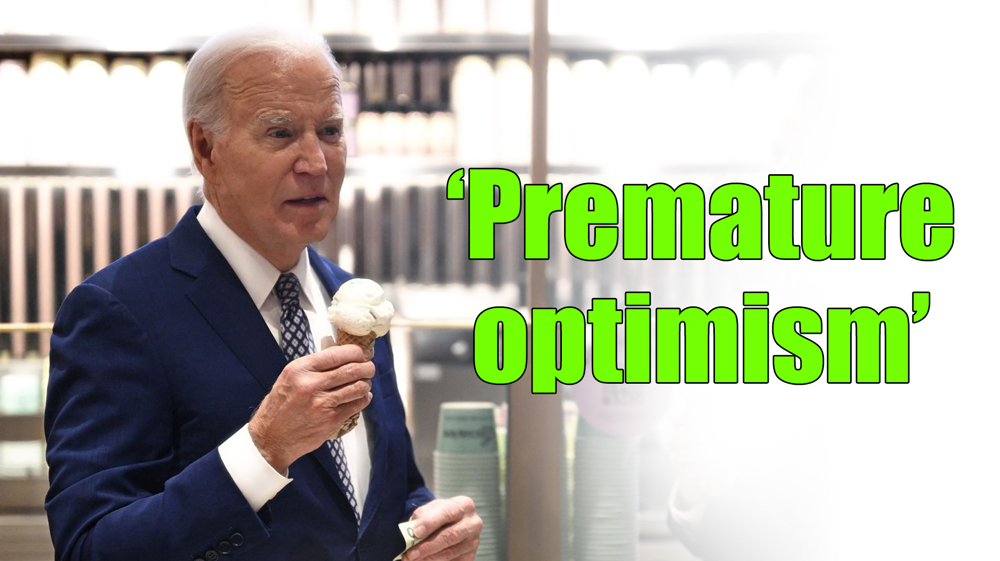Middle East’s next war over hydrocarbon reserves?
These are the headlines we are tracking for you in this episode of On the News Line:
Middle East’s next war over hydrocarbon reserves?
Israel has warned foreign companies not to invest in Lebanese plans to explore the offshore oil reserve located on the country's maritime border. Last month, Lebanon awarded bids to some European companies to drill for oil and gas within its exclusive economic zone. However, Israel has described the move as “grave mistake” and “contrary to all the rules” because the area belonged totally to Israel. That said, Lebanese Energy Minister Cesar Abi Khalil asserted, “We consider this statement as an aggression on Lebanon’s sovereignty to practice its natural right to explore our oil resources.”
Discontent among Saudi allies over Riyadh plans
Saudi Arabia has implemented a much more aggressive foreign policy since King Salman took power in 2015. The Kingdome has adopted a militaristic approach in the region. Emboldened by its close alliance with the White House, the Saudi leadership has engaged in dangerous power plays in the Middle East. The king’s young son Mohammed, who’s been catapulted into key positions, is believed to be behind many of the kingdom’s hasty decisions and miscalculations. But Bin Salman’s adventurism has left Saudi Arabia entangled in several regional fronts in almost all of which no specific progress is being made.
VIDEO | Press TV's news headlines
US troopers crack down on pro-Palestinian protests at University of Texas
VIDEO | German warship departs Red Sea as EU 'naval mission' fails
VIDEO | Palestinians inspect rubble of destroyed building in Rafah
Yemeni forces strike US, Israeli vessels in fresh pro-Palestinian operations
‘Say no to Biden’: US college being pressed not to endorse genocide
VIDEO | UN: Alarming food insecurity crisis grips Afghanistan
VIDEO | Stuck in quagmire









 This makes it easy to access the Press TV website
This makes it easy to access the Press TV website